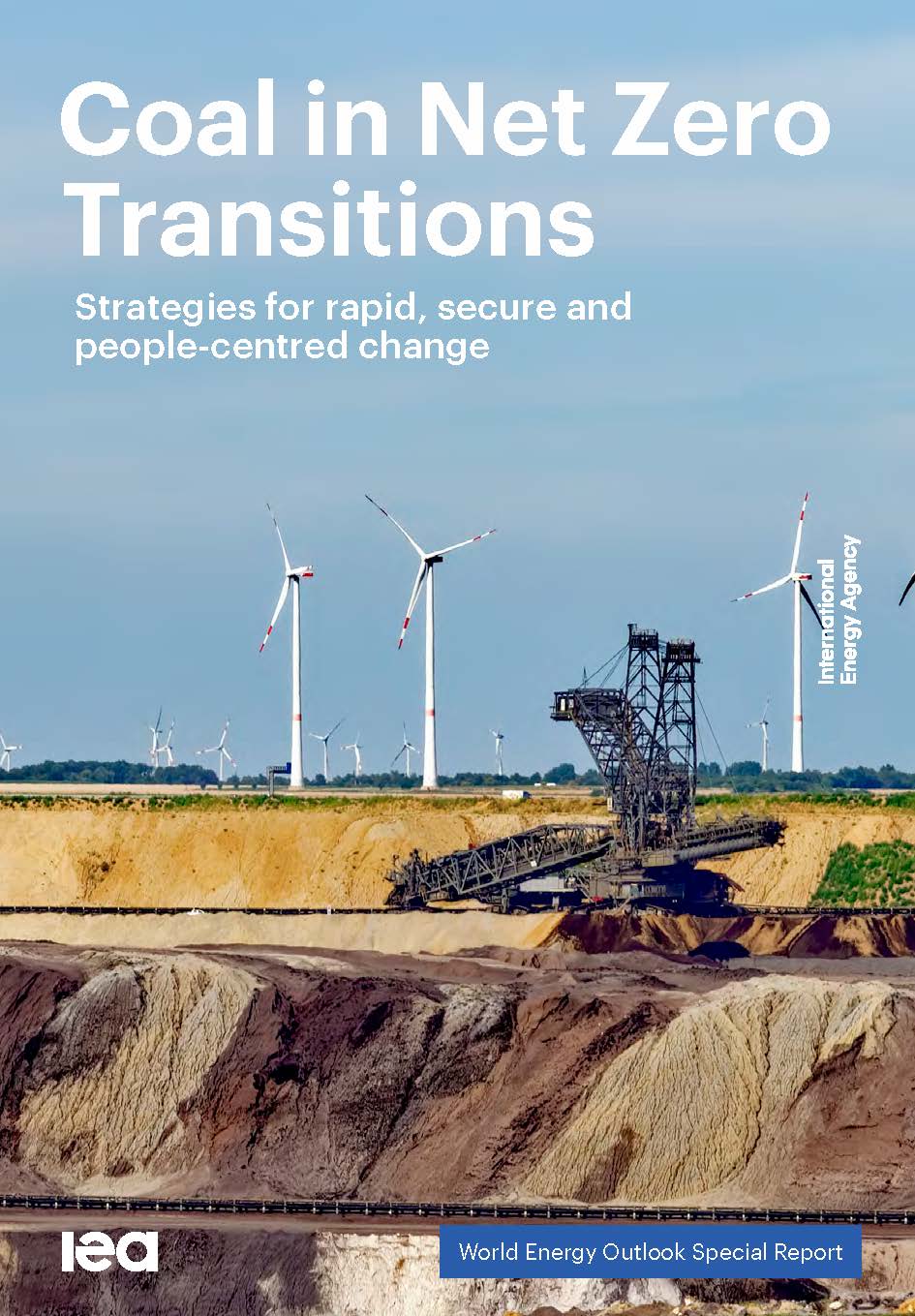
The report provides the most comprehensive analysis to date of what it would take to bring down global coal emissions rapidly enough to meet international climate goals while supporting energy security and economic growth, and addressing the social and employment consequences of the changes involved. This includes the major implications for the coal sector of a transition to net zero emissions by 2050, which would give the world an even chance of limiting global warming to the critical threshold of 1.5 °C.
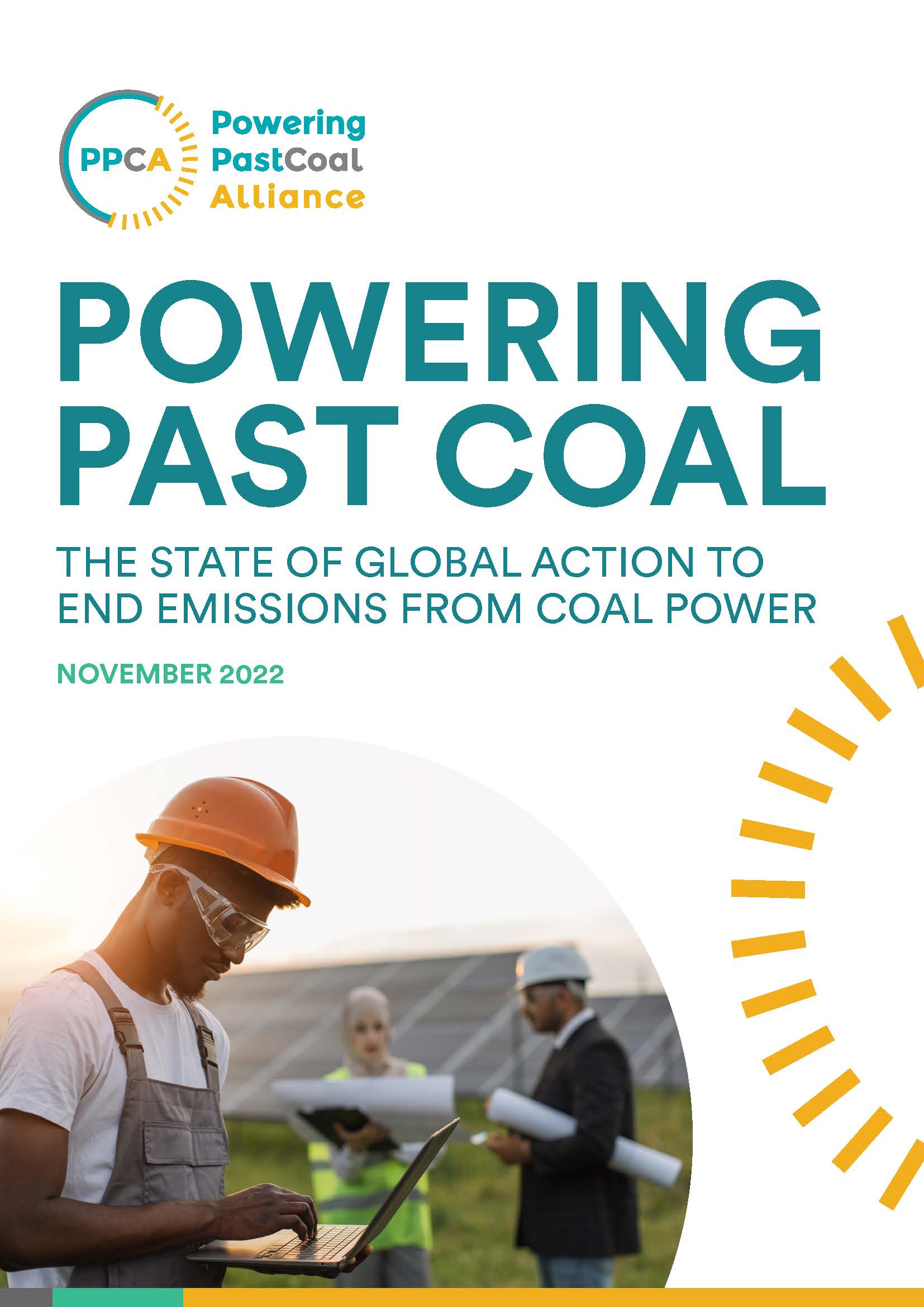
The report features 13 case studies illustrating the practical choices, pathways, and strategies pursued by diverse PPCA members to end emissions from coal power for good. The case studies span policy, social, technical, and financial solutions, together showcasing the action being taken by PPCA members to overcome the system challenges that can arise when countries accelerate coal phase-out, modernize electricity grids, shift investments towards clean energy, and drive a just transition creating new clean energy jobs. Analysis provided in the report confirms that over three quarters of coal-fired electricity generation capacity in the OECD and EU is now on track to close by 2030, and that a future without emissions from coal power is not just achievable, but will be cheaper, more secure, and help ensure a cleaner future for workers and communities.
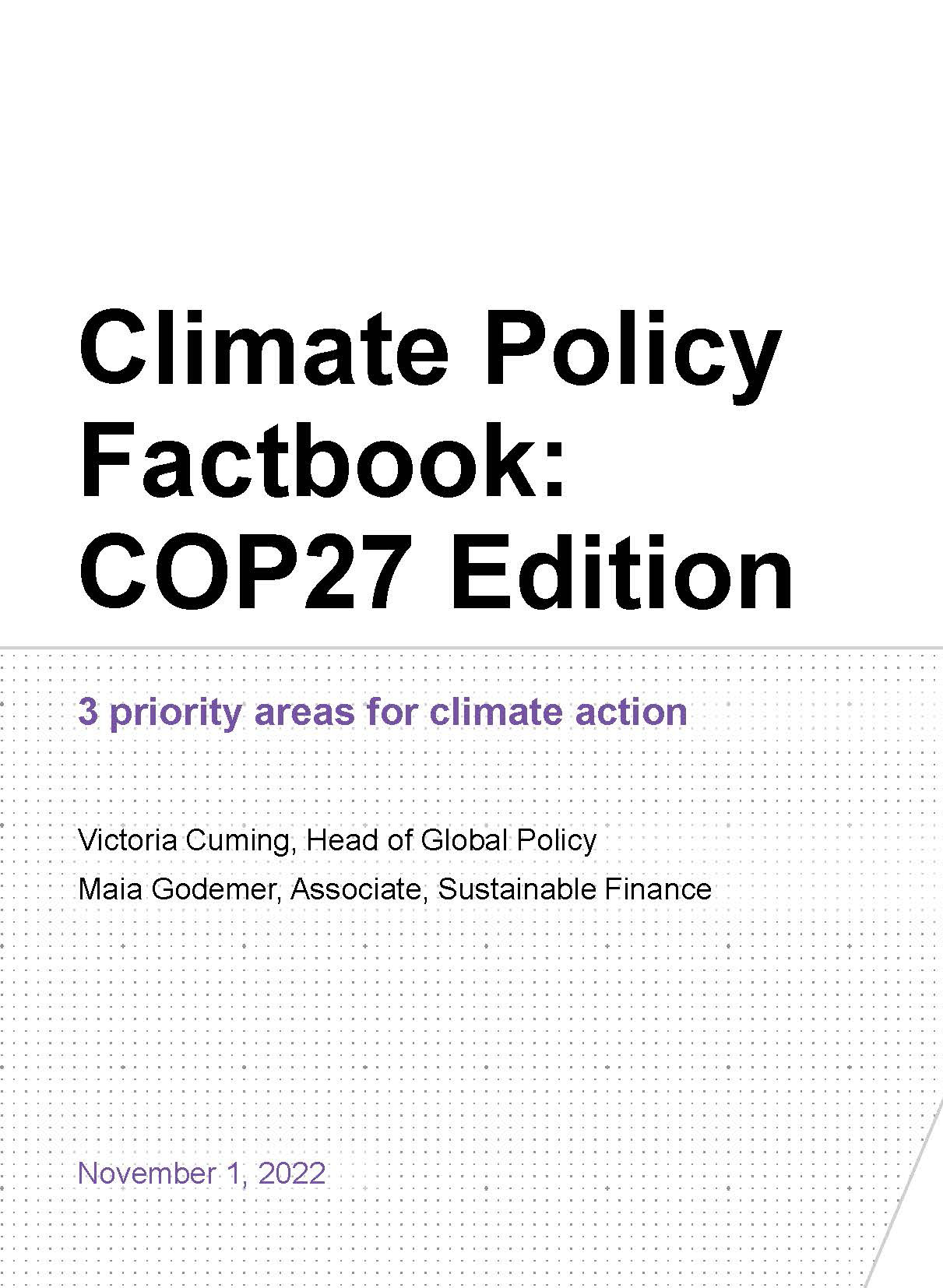
Bloomberg Philanthropies and BloombergNEF (BNEF) released the Climate Policy Factbook evaluating the progress made by each G-20 nation in three concrete policy areas: phasing out support for fossil fuels; putting a price on emissions; and enforcing climate-risk disclosure. The report aims to increase transparency and inform policy priorities ahead of the G-20 Summit in Indonesia and COP27 climate conference in Egypt, where much of the discussion will focus on how to realize the many pledges and targets announced at COP26 in Glasgow a year ago.
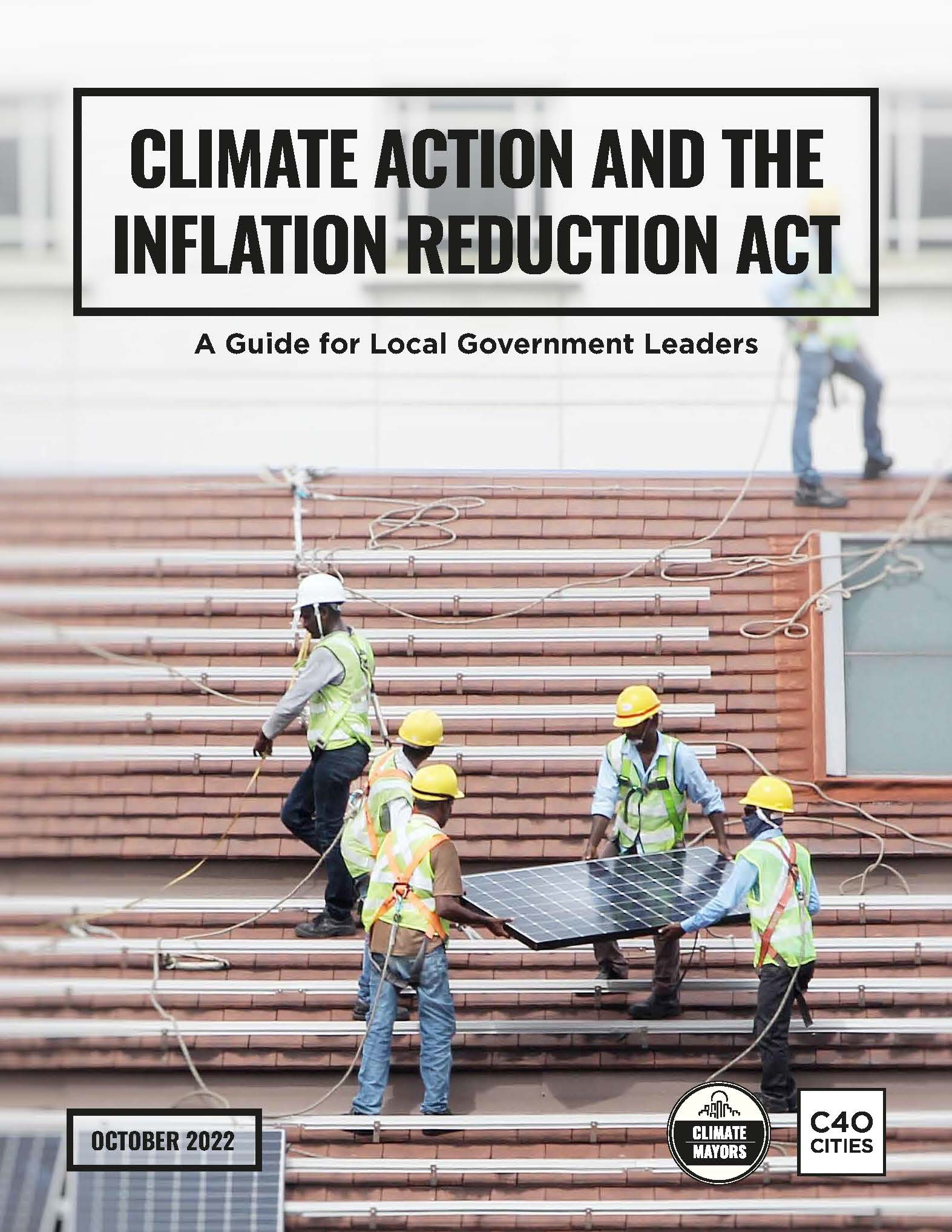
This guidebook was developed by C40 and Climate Mayors to provide an initial orientation to the climate-related provisions of the Inflation Reduction Act and to spark reflection and engagement around the wide range of roles mayors and local leaders can play.

Europe’s largest coal-fired power plant could replace most of its lignite – often referred to as “brown” coal – generation with renewables paired with batteries or lower-carbon thermal capacity, lowering overall power system costs in the Łódź region of Poland while maintaining critical energy security. The Belchatow power station plays a vital role in the central European energy grid and is the sixth largest coal-fired power plant on Earth. This new BNEF analysis examines the feasibility of deploying lower-carbon technologies and offers a possible transition roadmap to do so.
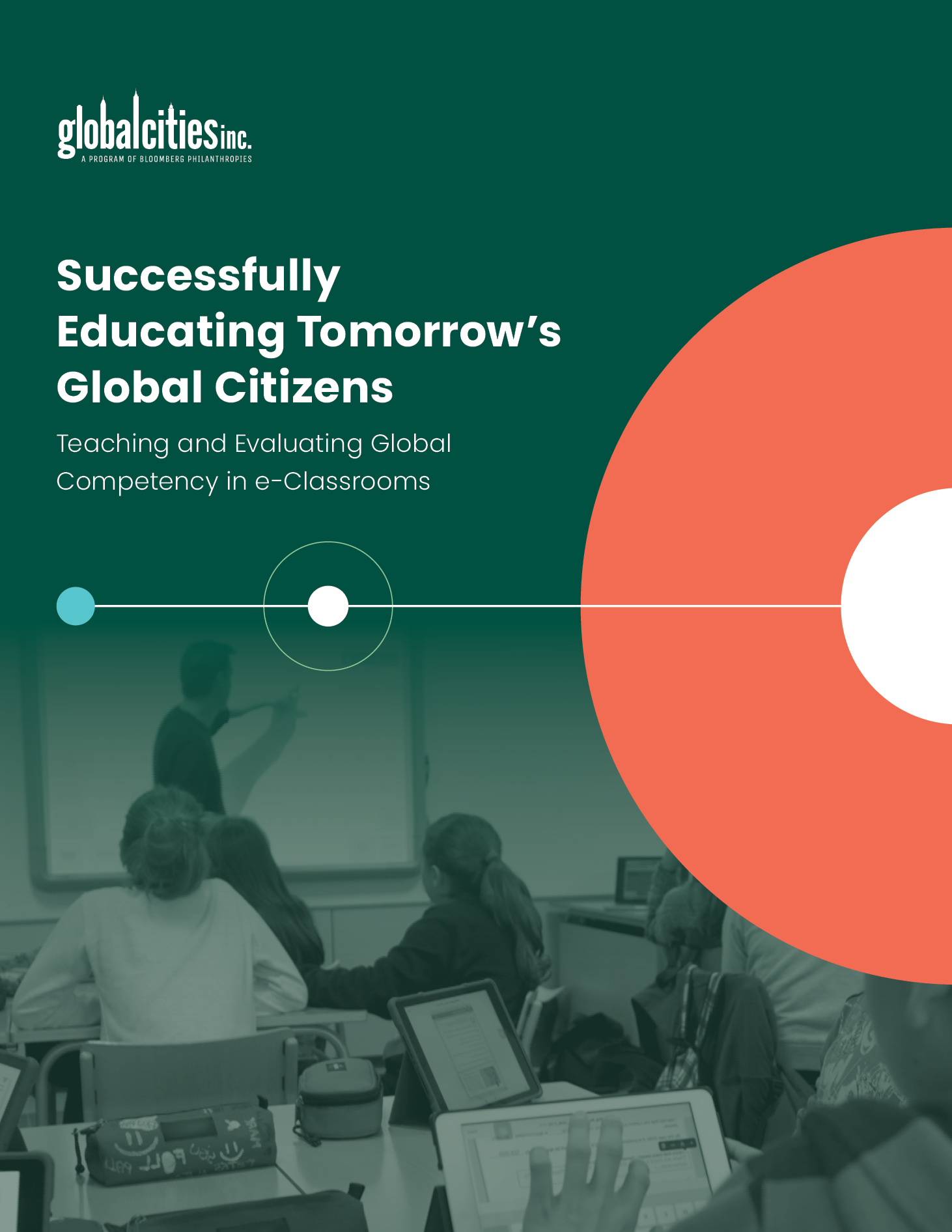
This report from Global Cities, Inc. on teaching and evaluating global competency in e-classrooms presents how it measured what students learn and its innovative way of teaching global competency through direct peer connections.
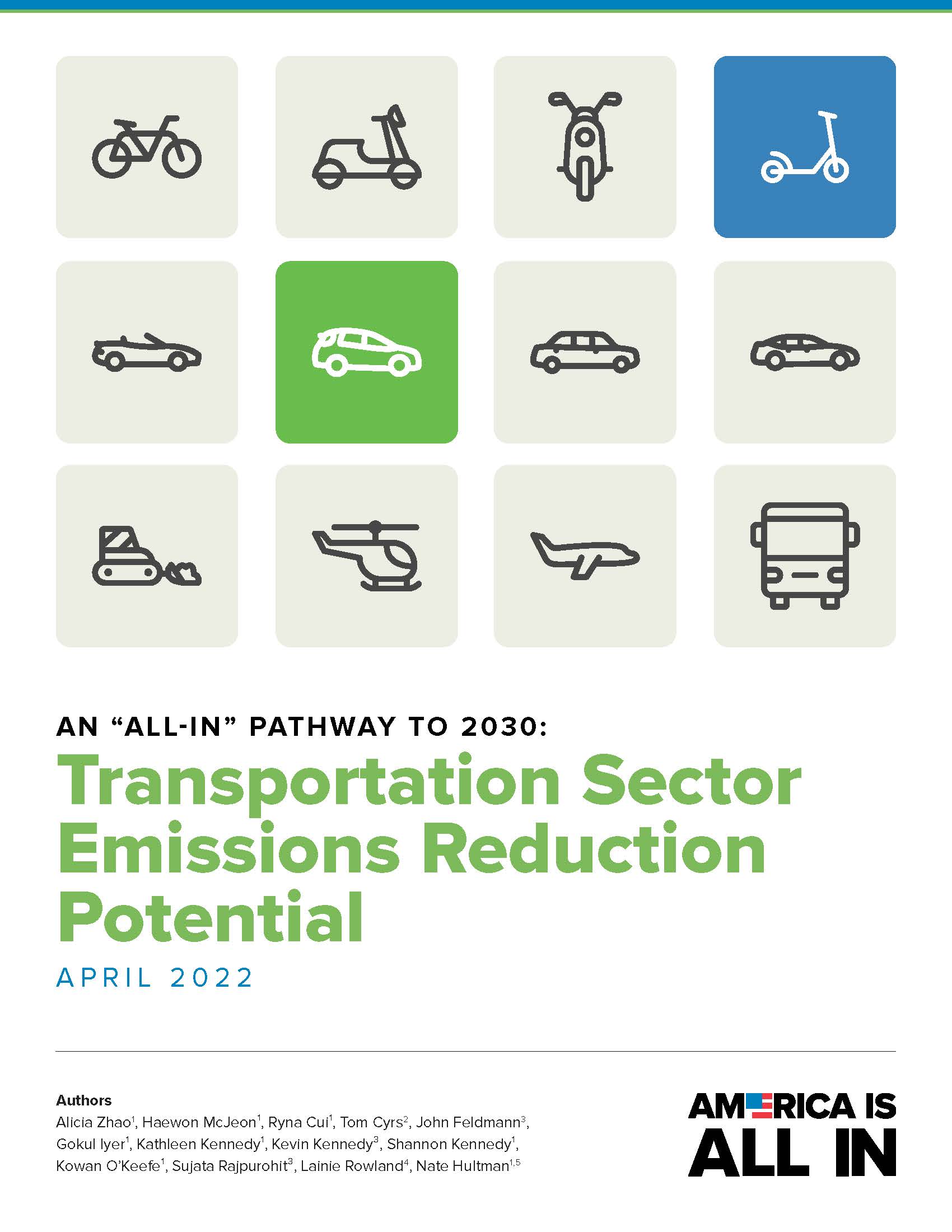
The transportation sector can deliver one-fifth of the emissions reductions needed to successfully reach the Biden Administration’s climate target of 50-52 percent reductions by 2030 from 2005 levels. A rapid and low-carbon transformation of the transportation sector in the United States holds the key to delivering on multiple goals: enhancing economic mobility, improving health, expanding environmental justice and equity, reducing global oil dependence in a time of deep concerns about energy security, and delivering on ambitious and necessary climate goals. Through the remainder of the decade, to achieve the NDC, emissions from the transportation sector will need to decrease by 34% by 2030.

Since the 50 Reefs study was published by Bloomberg Philanthropies’ Vibrant Oceans Initiative in 2018, NGOs, national and local governments, and academic partners have used it to prioritize coral conservation investments and on-the-ground activities in the identified regions. This report undertook a landscape assessment of conservation motivated by the 50 Reefs study, as well as complementary activities to-date. Our partner, Blue Earth conducted interviews with representatives from NGOs and funding organizations, including VOI grantees, funders supporting activities in 50 Reefs geographies, and organizations implementing activities that are directly informed by the 50 Reefs study. This report summarizes Blue Earth’s landscape assessment, discusses the impacts of conservation efforts inspired by 50 Reefs, and identifies opportunities for VOI and its partners moving forward.
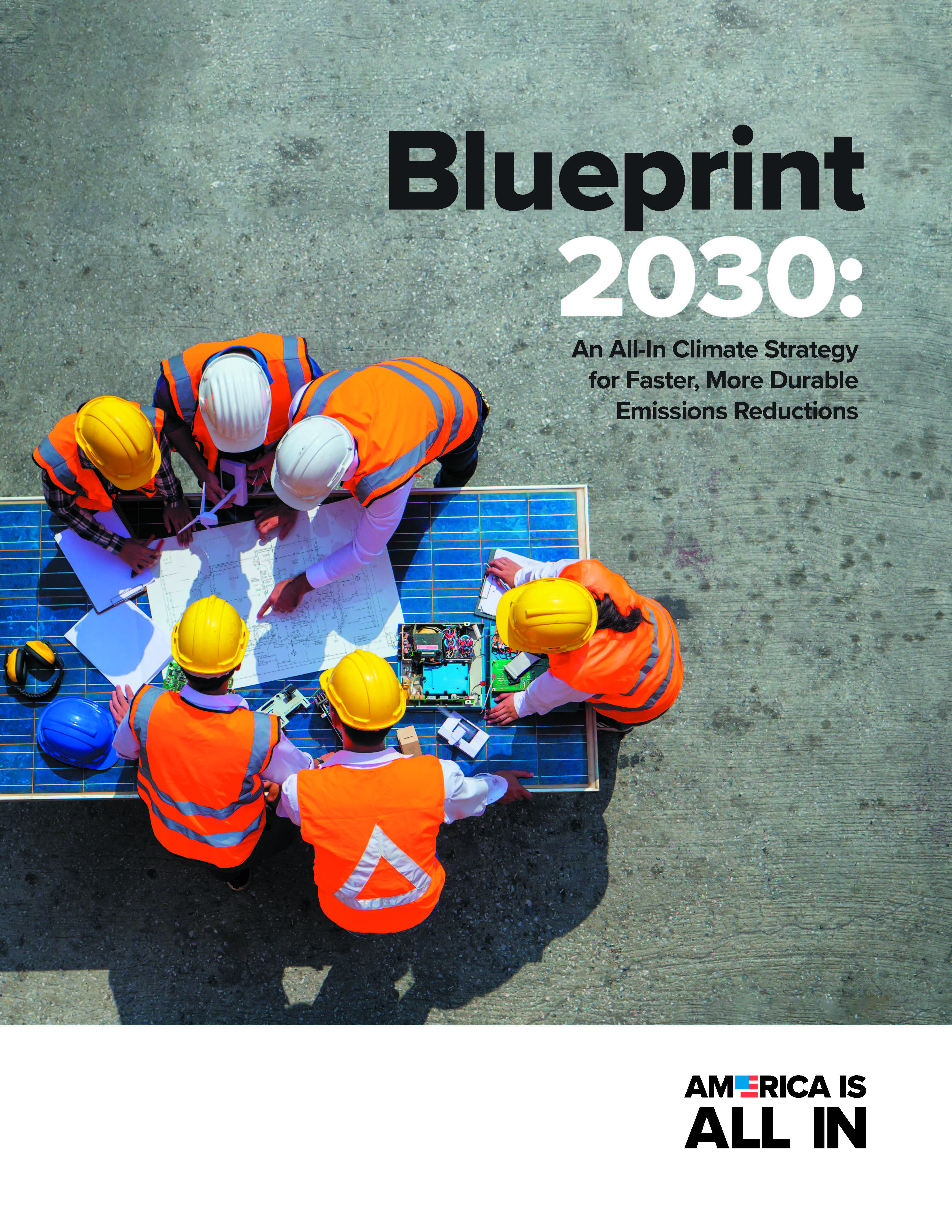
An all-in climate strategy can deliver 52% reductions in greenhouse gas emissions from 2005 levels by 2030. Non-federal actors have driven and sustained US climate progress over the last decade; bottom-up leadership has built foundational policy as well as political cover and demand for Congress and the Executive Branch to scale action, together driving U.S. emissions reduction progress.
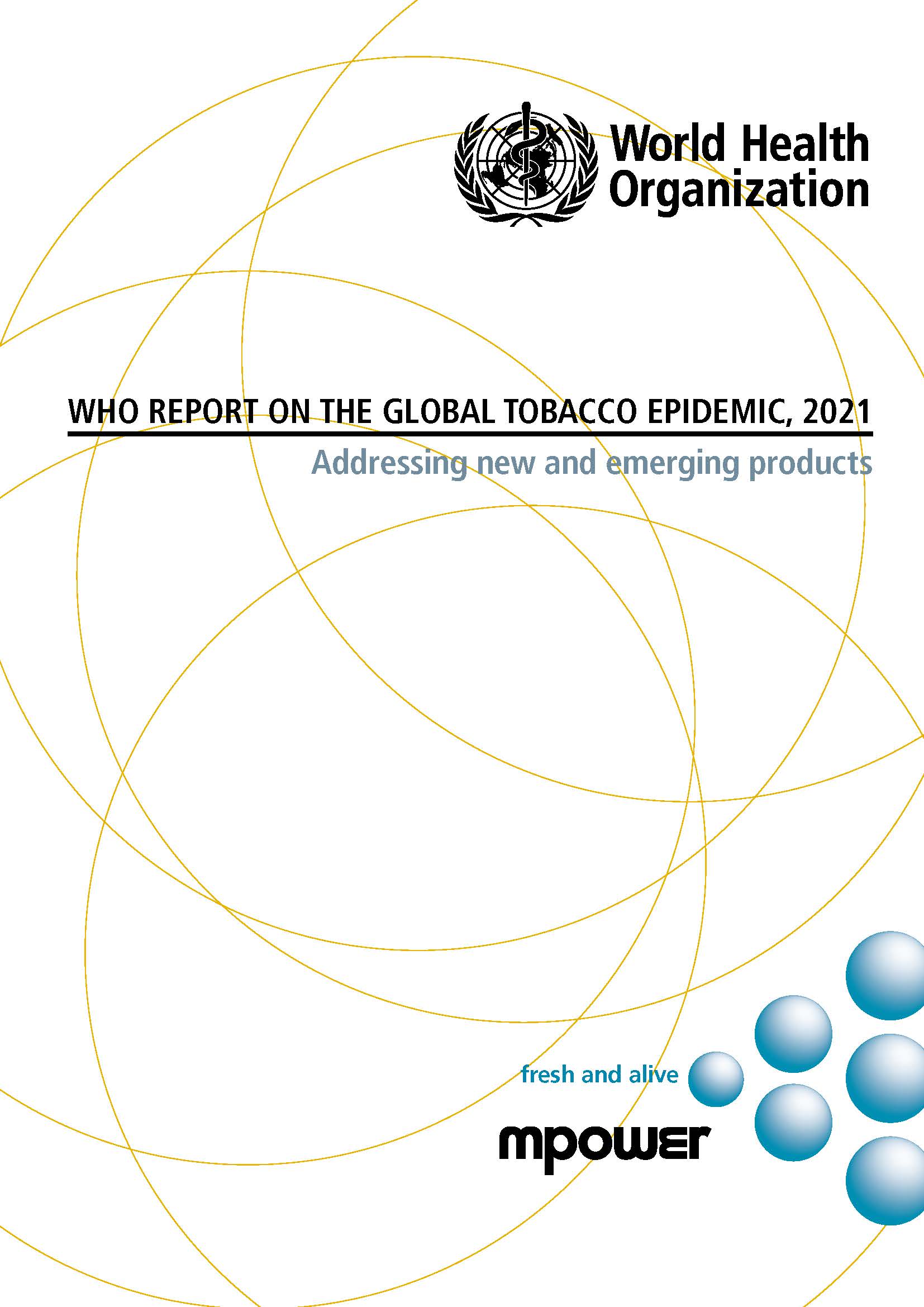
This eighth report in a series of WHO reports that tracks the status of the tobacco epidemic and interventions to combat it shows that while progress is being made, we must remain vigilant to the challenges posed by new products such as electronic nicotine delivery systems and heated tobacco products.